Gas, power in short supply: regulators warn
Victoria, South Australia and Tasmania face potential gas shortages while power supplies in NSW and Queensland will be stretched over the next 24 hours.
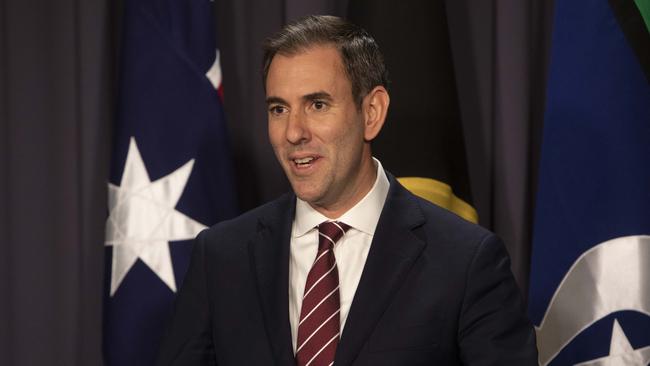
Regulators have warned Victoria, South Australia and Tasmania face potential gas shortages while power supplies in NSW and Queensland will be stretched over the next 24 hours, as Jim Chalmers declared the economy confronted a “perfect storm’’ of energy price spikes.
In an emergency telephone hook-up on Wednesday, the Australian Energy Market Operator, which runs the power grid and gas markets, warned more than 100 industry players they might be forced to cut gas use if the shortfall materialised. AEMO also invoked an emergency supply guarantee mechanism on gas producers for the first time since it was introduced in 2017.
The Treasurer backed more onshore gas developments and left the door open to forcing exporters to divert more gas for domestic use as businesses and policymakers face an “unprecedented” energy price shock on the east coast.
As major energy users demanded producers act in the national interest and provide discounted gas to struggling businesses and families, Dr Chalmers acknowledged “this perfect storm of energy price spikes is doing enormous damage to our employers, to our households and to our national economy”.
But Dr Chalmers offered little prospect of immediate relief from the pain of rising power bills, saying there was “no simple mechanism that would immediately take this pressure off the gas price”.
Amid the emerging energy crisis, national accounts figures released on Wednesday showed the economy shrugged off Omicron, floods and a chronic shortage of workers and materials to grow by a solid 0.8 per cent in the quarter, exceeding market expectations.
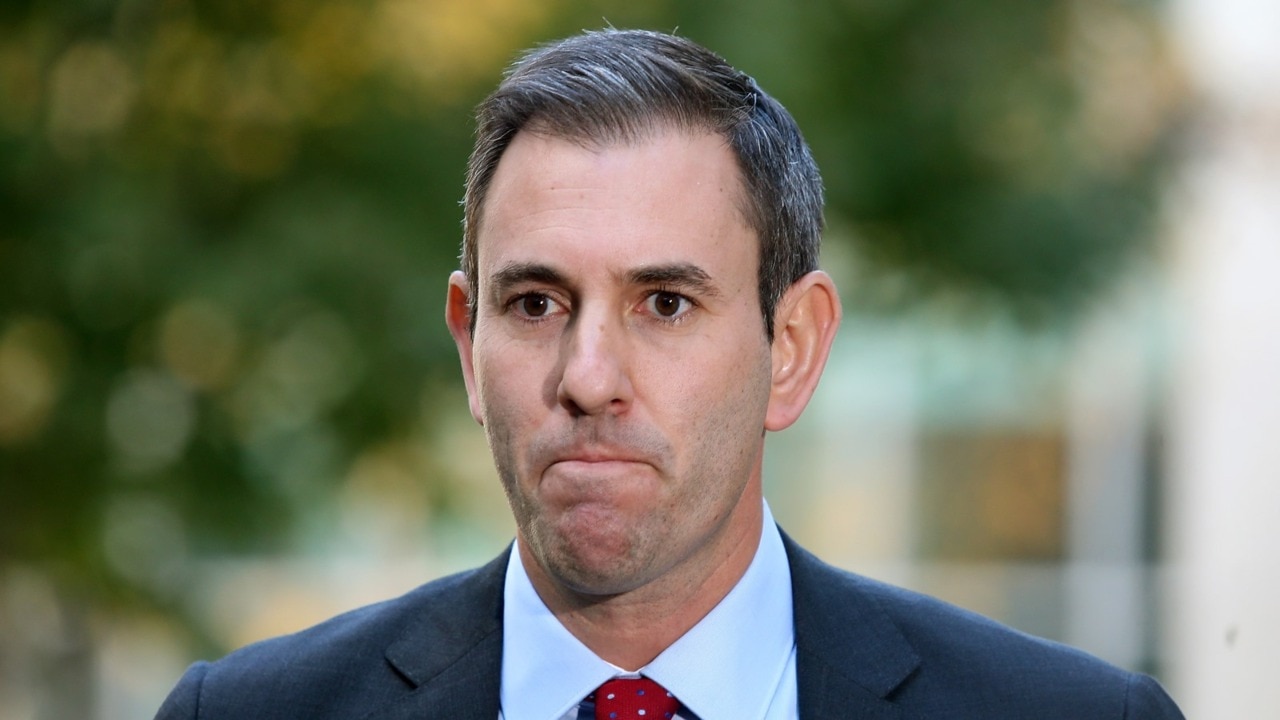
The result was underpinned by strong spending by consumers and the government, offset by a sharp drop in net trade volumes as bad weather hindered mining exports and imports lifted firmly.
Despite annual growth of 3.3 per cent over the year to March, the Treasurer warned that activity over the first three months of the year was running well behind budget forecasts and “the economy was weaker in the March quarter than was forecast at election time”.
“There are some pleasing elements of today’s national accounts, but we also have a snapshot of some of the really serious constraints and challenges that we have in our economy,” Dr Chalmers said.
A rare cap on gas markets of $40 a gigajoule – or five times higher than a year earlier – remained in place for Sydney, Melbourne and Brisbane after wholesale prices soared 80 times normal levels, following a cold snap and the collapse of Weston Energy last week.
A raft of second-tier retailers told customers to find another supplier as they could no longer handle the extreme price swings that have roiled the risk profiles of smaller operators and raised fears of companies collapsing.
Origin Energy, which issued a profit warning on Wednesday, said the electricity industry is now at risk of following the experience of the UK, where 30 retailers collapsed due to soaring wholesale energy prices.
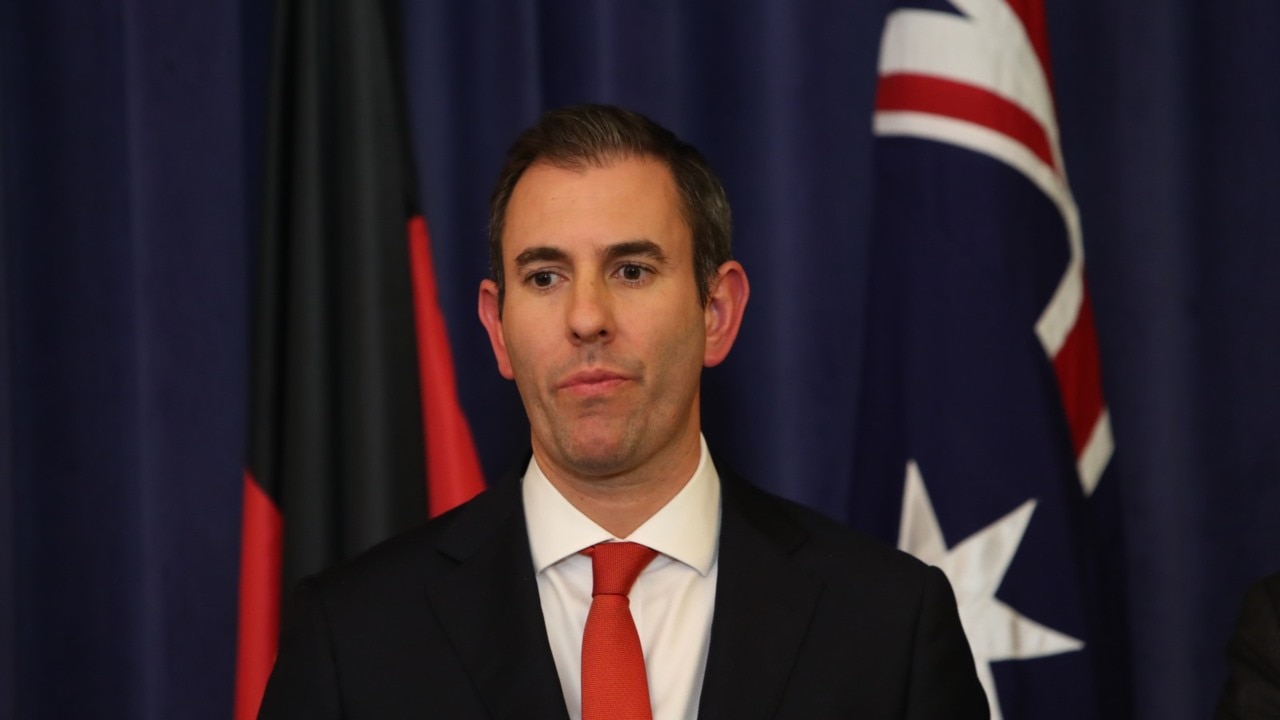
Referring to a standing offer that has just surged by up to 18 per cent, Origin chief executive Frank Calabria said: “You’re seeing a market now where the wholesale price is orders of magnitude above what can be recovered through the default market offer.”
Origin said market conditions were extremely volatile.
“Domestically, coal plant outages and high coal and gas prices have contributed to a steep escalation in wholesale electricity prices,” the company said.
Origin also called for both government and industry action to help resuscitate the ailing coal sector, with a string of major generators broken down or not operating at full capacity.
Australian Energy Users Association chief executive Andrew Richards said energy-intensive businesses were facing an “unprecedented” shock and major gas buyers were struggling to negotiate contracts with suppliers at reasonable prices.
“It’s really starting to bite,” Mr Richards said. “We’re already seeing a significant impact on the cost of processing food and a whole range of other manufactured products, from toilet paper to building products, are all being hit. That’s starting to manifest now on supermarket shelves. For example, meat abattoirs use a lot of hot water and steam, and we are seeing those prices starting to flow through to the consumers.”
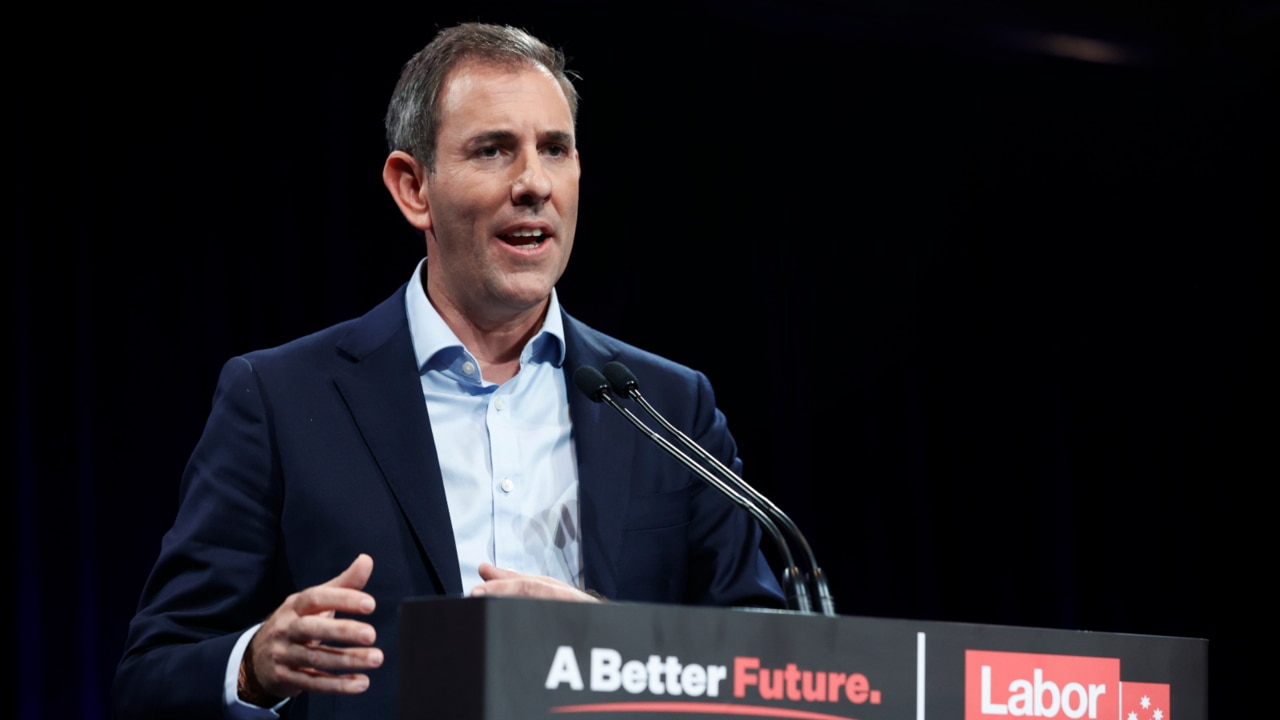
Australian Petroleum Production and Exploration Association acting chief executive Damian Dwyer said the energy system as a whole was under strain, and most businesses had ongoing gas contracts at lower costs. He said the energy shock was “particularly because of coal outages, relatively low levels of renewable power generation as a result of weather conditions, and international market pressures arising from the Russian invasion of Ukraine”.
Dr Chalmers said he would not “pre-empt” discussions with cabinet and regulators about potentially triggering, for the first time, the Australian Gas Security Mechanism, requiring liquefied natural gas projects to limit exports or find new gas sources to plug domestic supply shortfalls. But he said this “can’t be implemented immediately”.
He said the intervention by former Northern Territory chief minister Michael Gunner to consult widely before lifting the territory’s moratorium on fracking in 2018 offered a model for developing similar gas basins in NSW and Queensland.
The Treasurer’s comments set the new government up for a fight with an emboldened Greens party, which won three additional lower house seats in the election. Greens leader Adam Bandt said Labor needed to “drop their ‘take it or leave it’ approach” when it came to negotiating with his party.
“The big issue is Labor’s plan to open new coal and gas mines,” Mr Bandt said. “On climate and energy there is a lot we agree on, and I could even see us reaching agreement on emissions reduction targets, but opening new coal and gas mines will completely wipe out any gains from their climate legislation.”
Additional reporting: Nick Evans

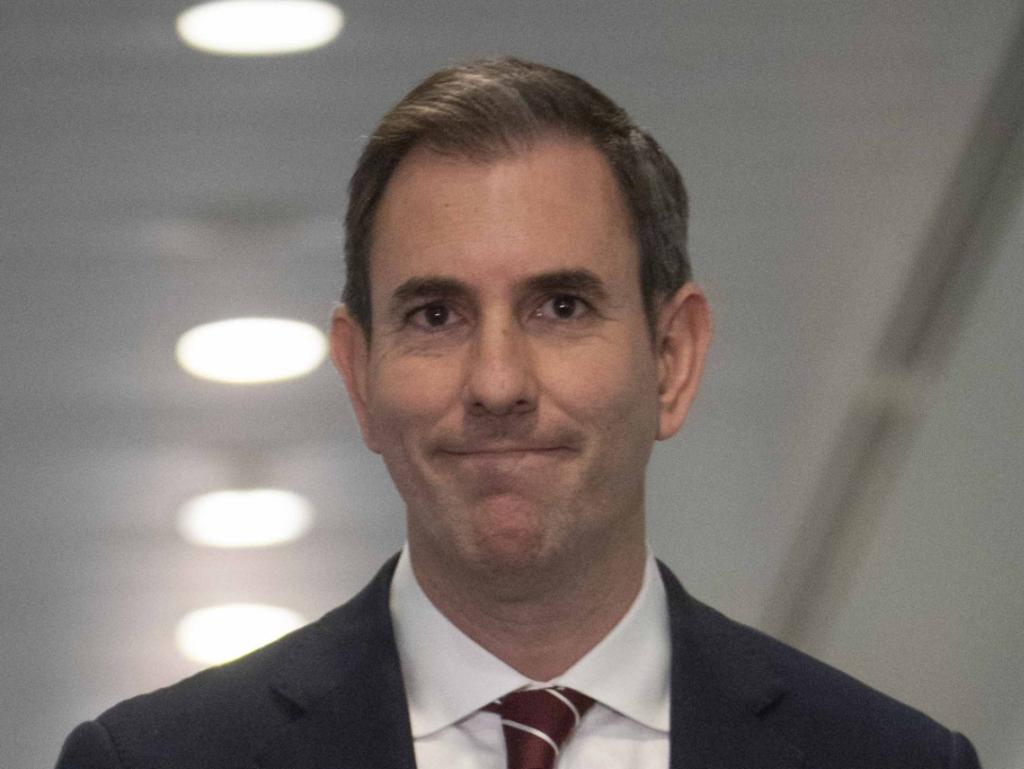

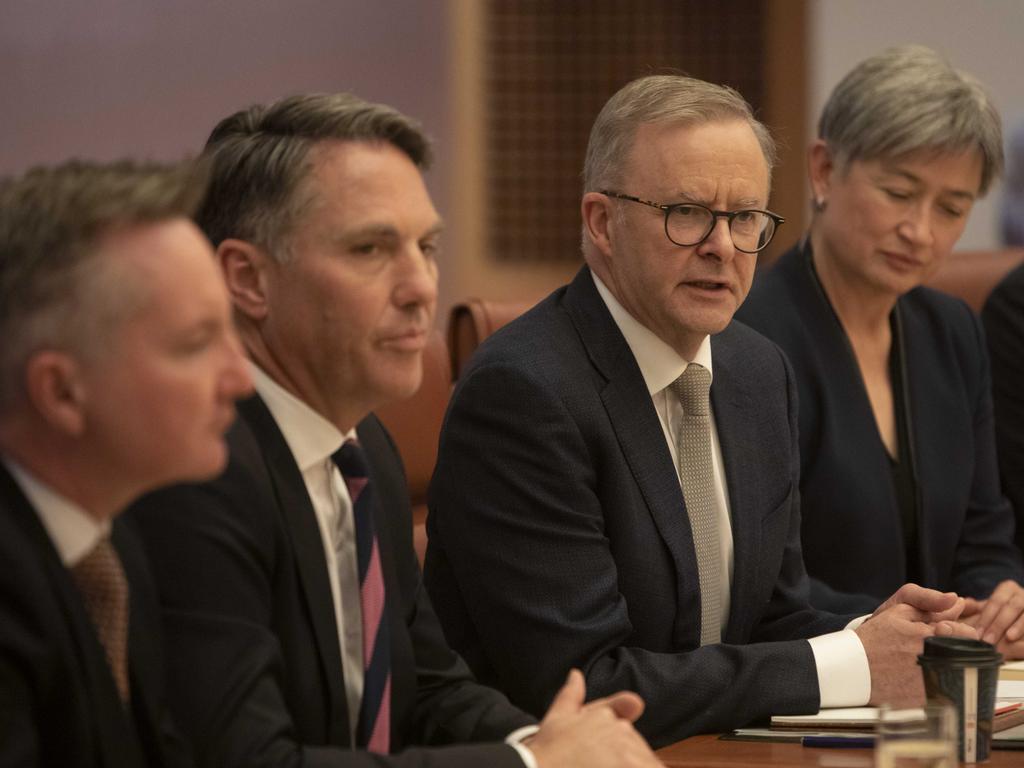
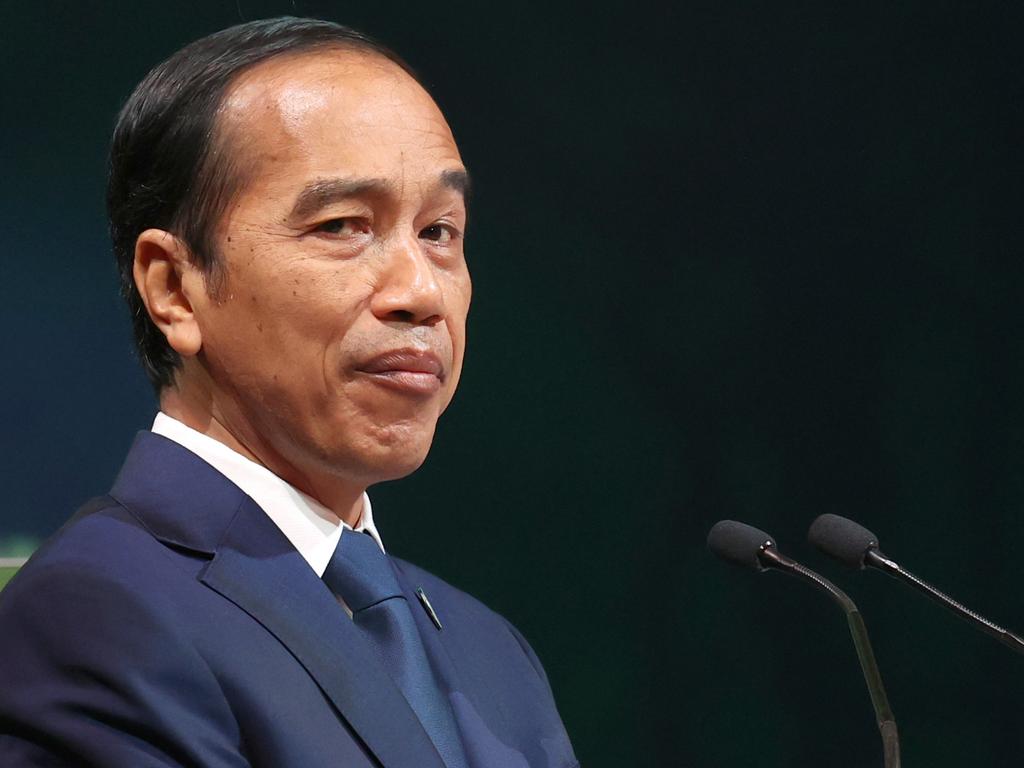


To join the conversation, please log in. Don't have an account? Register
Join the conversation, you are commenting as Logout